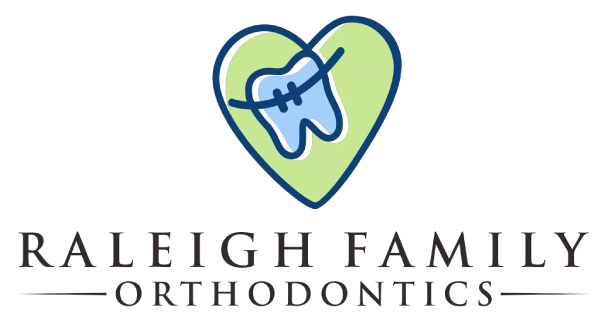Pain Management After Dental Surgery
Raleigh, NC
 Recovering from dental surgery can be a challenging process, but understanding how to manage pain effectively can make your journey smoother. Whether you've undergone a tooth extraction, root canal, or other oral surgery, proper aftercare is essential for comfort and healing. This comprehensive guide covers everything from medications and natural remedies to post-operative care and when to seek professional help. Recovering from dental surgery can be a challenging process, but understanding how to manage pain effectively can make your journey smoother. Whether you've undergone a tooth extraction, root canal, or other oral surgery, proper aftercare is essential for comfort and healing. This comprehensive guide covers everything from medications and natural remedies to post-operative care and when to seek professional help.
Understanding Pain After Dental Surgery
Pain following dental surgery is a normal part of the healing process. Knowing what to expect can help you manage your recovery with confidence.
| • |
Causes of Post-Surgery Pain - Tissue trauma, inflammation, and surgical manipulation are common reasons for discomfort.
|
| • |
Healing Process Overview - Pain is often the body’s natural response as tissues repair themselves.
|
| • |
Differences by Procedure - Pain levels vary depending on the type of surgery, such as a simple tooth extraction versus an impacted one. |
Common symptoms include swelling, tenderness, and soreness, which typically improve within a few days. However, watch for red flags like:
| • |
Signs of Infection - Persistent swelling, fever, or pus at the surgical site.
|
| • |
Dry Socket - Severe pain a few days after a tooth extraction, often radiating to the ear or temple. |
If you notice any concerning symptoms, contact your dentist immediately.
Medications for Pain Relief
Medications are a cornerstone of managing pain after dental surgery. Your dentist may recommend the following options:
| • |
Over-the-Counter Medications - Ibuprofen and acetaminophen are effective for reducing inflammation and pain.
|
| • |
Prescription Options - For severe pain, dentists may prescribe opioids or other medications.
|
| • |
Usage Guidelines - Always follow your dentist’s instructions and avoid exceeding the recommended dosage. |
While medications provide relief, be aware of side effects, such as drowsiness or stomach irritation, and consult your dentist if you experience adverse reactions.
Natural Pain Relief Remedies
For patients seeking alternative or supplementary options, natural remedies can be highly effective.
| • |
Cold Compress - Applying a cold pack to the affected area reduces swelling and numbs the pain.
|
| • |
Saltwater Rinse - Rinsing gently with warm salt water helps soothe the gums and prevents infection.
|
| • |
Herbal Remedies - Clove oil and chamomile tea are known for their natural analgesic and anti-inflammatory properties. |
Be cautious with remedies like clove oil, as direct application can cause irritation if not diluted properly.
Post-Operative Care Tips
Proper aftercare is essential for minimizing pain and ensuring a smooth recovery. Follow these guidelines:
| • |
Rest - Avoid strenuous activities for at least 24 hours after surgery.
|
| • |
Dietary Adjustments - Stick to soft foods like mashed potatoes, yogurt, and smoothies.
|
| • |
Oral Hygiene - Brush gently around the surgical area and avoid using mouthwash with alcohol. |
Additionally, refrain from smoking and consuming alcohol, as these can delay healing.
When to Seek Professional Help
While mild discomfort is expected, certain symptoms indicate the need for professional attention:
| • |
Excessive Bleeding - Bleeding that doesn’t subside after applying pressure for 20–30 minutes.
|
| • |
Fever or Chills - Potential signs of infection.
|
| • |
Unresolved Pain - Pain that worsens or persists beyond a week despite treatment. |
Keep track of your symptoms in a recovery journal to provide accurate information during follow-up visits.
Long-Term Pain Management and Recovery
Even after initial healing, some residual sensitivity may remain. To maintain comfort and prevent complications:
| • |
Gradual Reintroduction of Foods - Slowly add harder foods to your diet as healing progresses.
|
| • |
Preventive Care - Regular checkups and preventive treatments like fluoride applications help sustain oral health.
|
| • |
Oral Hygiene - Continue a thorough yet gentle oral care routine to protect your surgical site. |
Staying proactive with dental visits and adhering to your dentist's recommendations can ensure long-term success.
Call Your Raleigh Orthodontist Today
Managing pain after dental surgery doesn't have to be overwhelming. With a combination of medication, natural remedies, and proper care, you can recover quickly and comfortably. If you have questions or concerns about your recovery, contact Raleigh Family Orthodontics at (984) 254-0585 to discuss your dental health or book an appointment today. |
